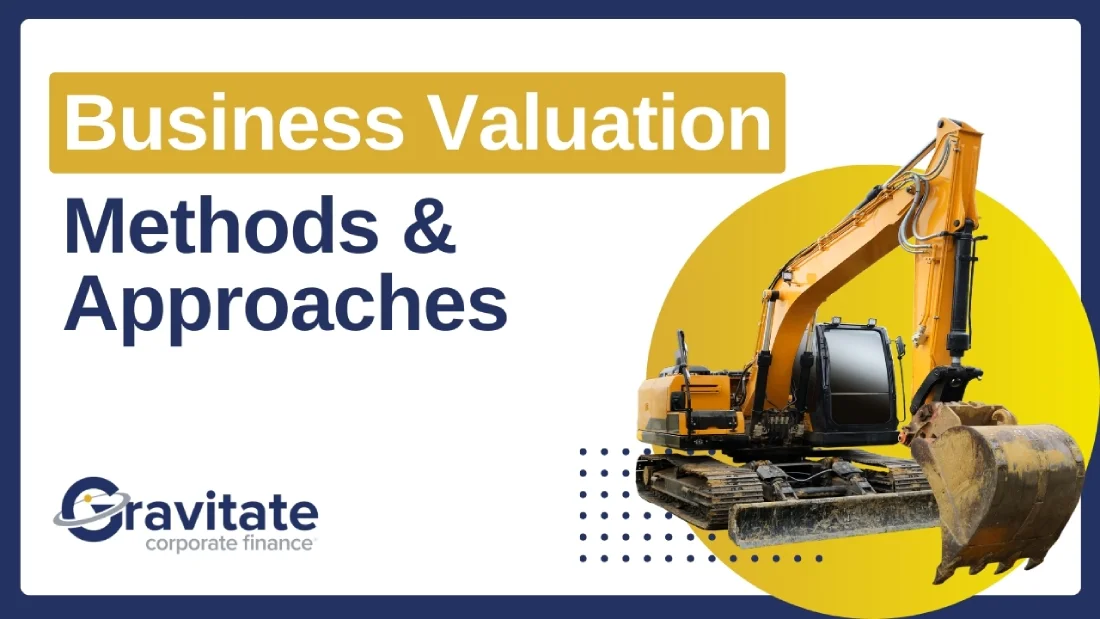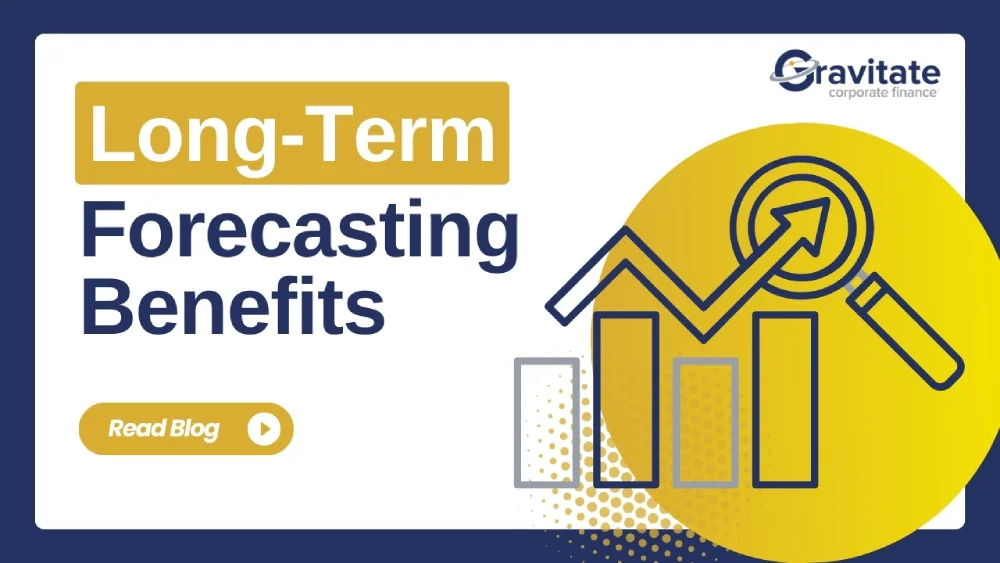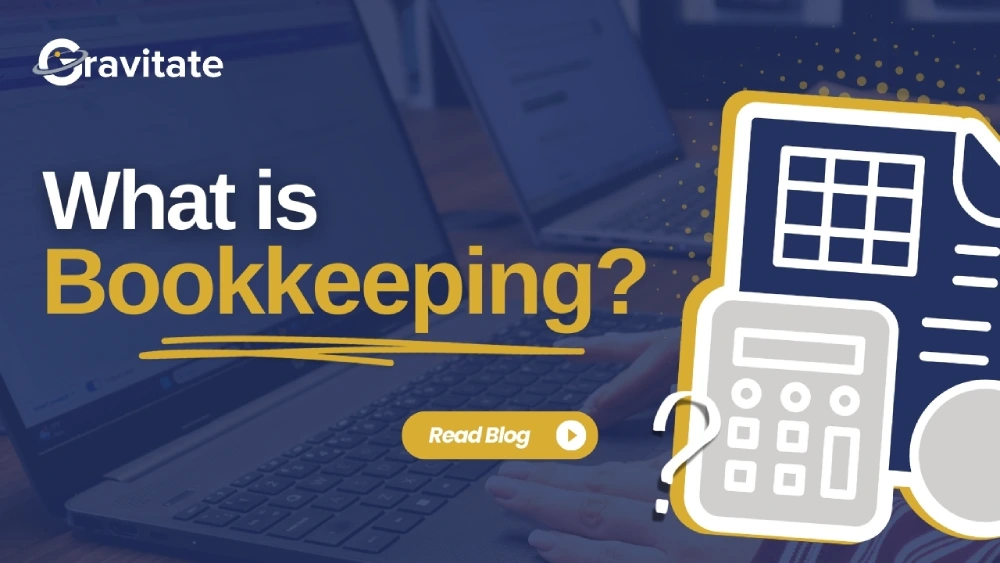Tips (or gratuities) are common in hospitality, but also a range of other service-based industries. They are voluntary payments made by customers to show appreciation for good service, and they can often form a significant income stream.
Tips are usually given in cash or added on to the bill for a card payment. Importantly, tips in the UK are not legally classed as wages, but there are some strict rules (and tax implications) that hospitality businesses must be aware of.
Wages are set in employee contracts, but tips are discretionary, which means there can be lots of variations in how they are managed, collected, distributed and reported upon. If tips are mismanaged, legal, tax and morale problems can occur.
How are tips regulated in the UK?
The Employment Rights Act states that tips cannot be used to meet the legal minimum wage, i.e. a business cannot offer a wage below minimum and rely upon tips to make up the difference.
Employment (Allocation of Tips) Act 2023
The Employment (Allocation of Tips) Act 2023 came into force in October 2024, and was designed to ensure employers fairly distribute all controlled tips to workers without deductions.
It means hospitality businesses must be transparent about tips, and includes a statutory code of practice, written policies, and allows for tribunals to enforce compliance.
Essentially, it means it is illegal for employers to withhold tips or distribute them unfairly.
Code of Best Practice for tips
The Code of practice on fair and transparent distribution of tips is linked to the Employment (Allocation of Tips) Act 2023, and urges employers to:
- Clearly explain tip policies to both staff and customers
- Ensure tips are distributed to staff timely (by the end of the month following the month in which the tips were paid)
- Avoid taking deductions from tips for admin or business costs
- Use fair and consistent distribution methods
These best practices are important for a few reasons. They protect your business from reputational harm and potential tax/legal penalties and also help boost team morale and build trust among staff.
How to collect tips properly
To manage tip collection and distribution properly, you first need to be aware of the different ways that tips can be paid. There are three main types commonly paid to staff and businesses.
- Cash tips: These go directly to staff and are their responsibility to declare for tax purposes.
- Voluntary service charges: Processes through the business and employer controlled, so tax and NI area handled by Payroll.
- Mandatory service charges: Treated as part of the business revenue and taxed like sales.
What is the Tronc System?
A Tronc System is a common tipping system used by businesses. It is a pooled system that is managed by a designated staff member (known as a “troncmaster”). This person is responsible for splitting and distributing tips, rather than the employer.
The advantages of the Tronc System are:
- Greater fairness
- Less administration
- Potential reduction in NICs if structured correctly
A Tronc System must be registered with HMRC and will need to fall under a separate PAYE scheme for tax.
How does Tax and NI work for tips?
Important notes
- NI exemption on tips via a tronc only applies if the employer has no influence over how the tips are distributed. If the employer appoints the troncmaster or sets the distribution rules, Class 1 NI will apply.
- A tronc system must have its own PAYE registration with HMRC. The troncmaster is legally responsible for administering it.
- Even if not processed through PAYE, cash tips are taxable income. Staff must report them to HMRC via Self-Assessment.
- Mandatory service charges are not considered tips. If kept by the business, they’re treated as revenue and taxed accordingly. If passed to staff, they must go through PAYE and NI, like normal wages.
- There are no such thing as tax-free tips. All tips are subject to Income Tax, and possibly NI, depending on the method of distribution.
- Even for cash tips, HMRC can argue the employer had control if, for example, cash tips are pooled then redistributed—making the employer potentially liable for PAYE/NI.
Businesses must keep accurate, auditable records of all tips received and distributed, especially for tronc schemes, to withstand HMRC audits.
How an accountant can help
Hospitality businesses dealing with lots of tips must have accurate reporting, full compliance with tax rules and a fair distribution system in place. Robust systems, supported by automation, prevent errors, build staff trust and can avoid nasty legal or tax issues.
While you are busy running your business, Gravitate can help you set up and streamline these processes, boost transparency and improve your overall financial health!

.png)


.png)

.png)
.png)

.png)
.png)
.png)













.png)
.png)
.png)

.png)
.png)

.png)

.jpg)















.jpg)

.webp)
.png)

.svg)
